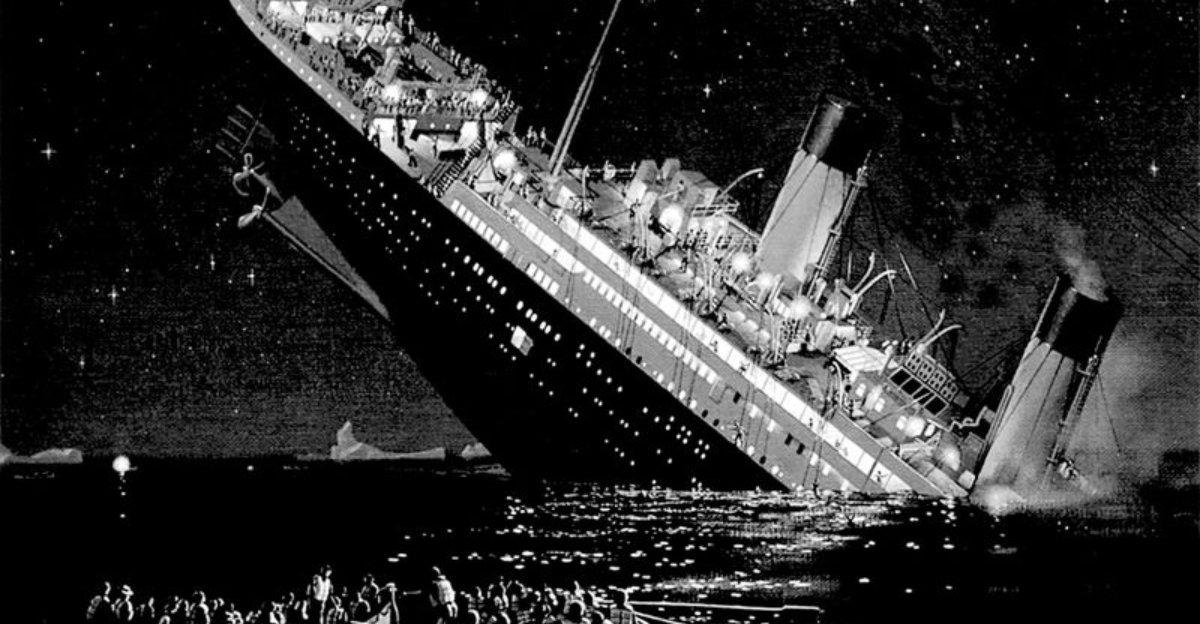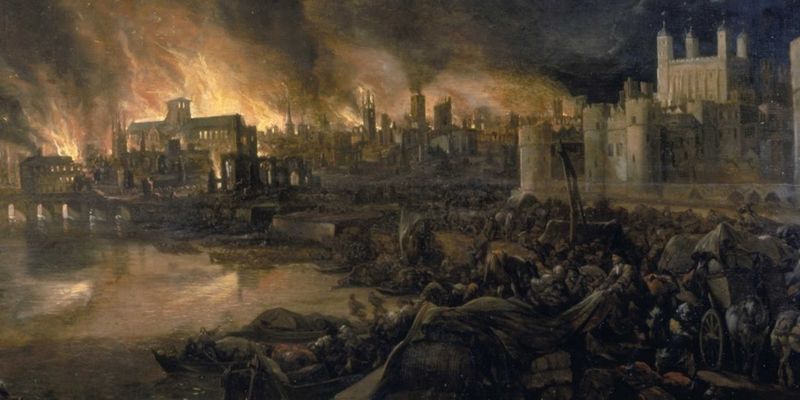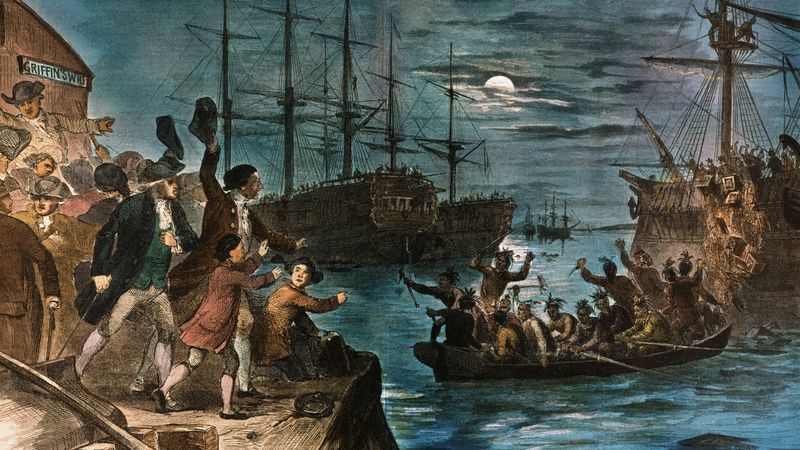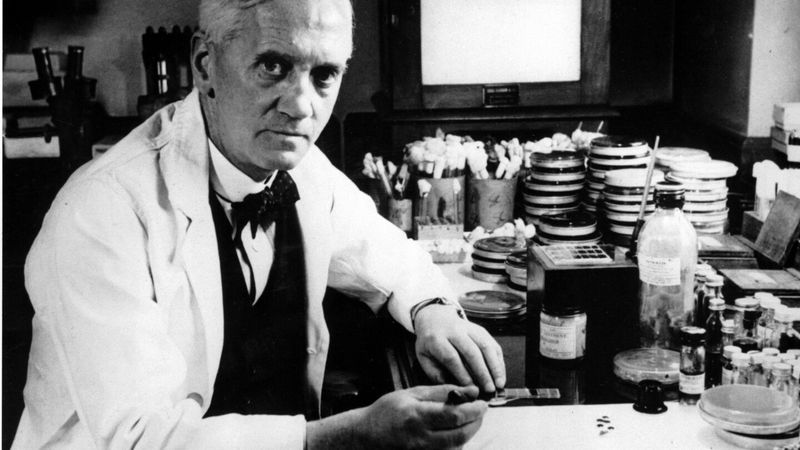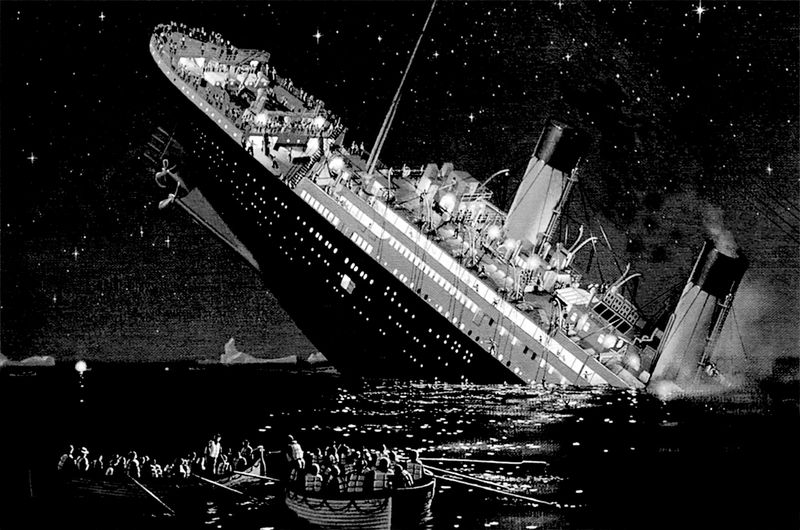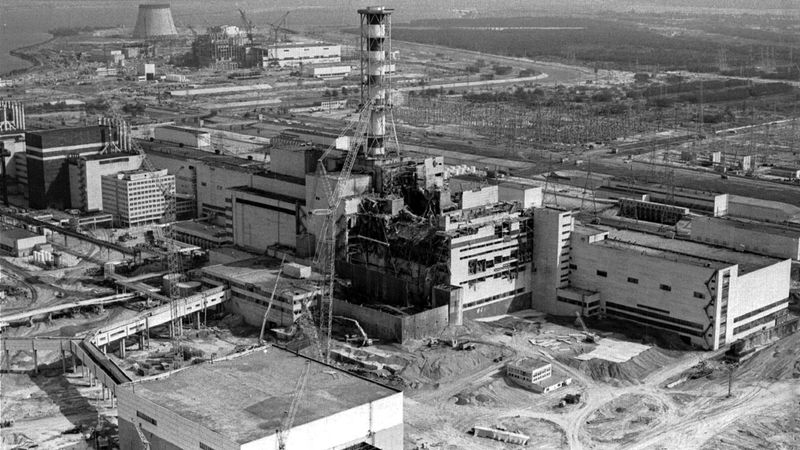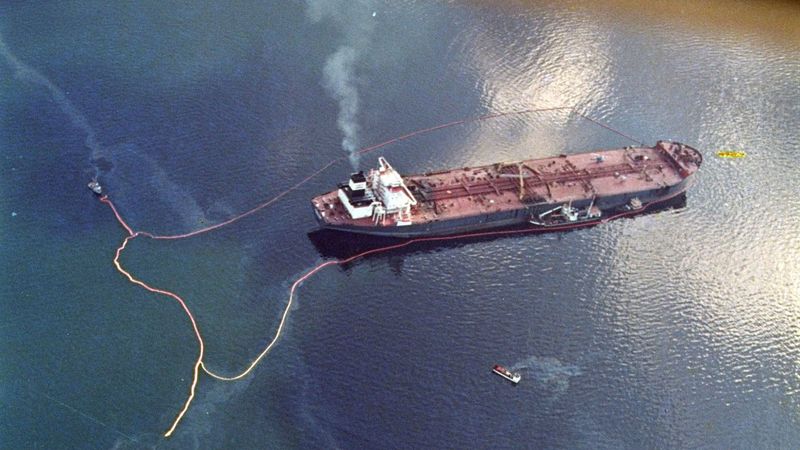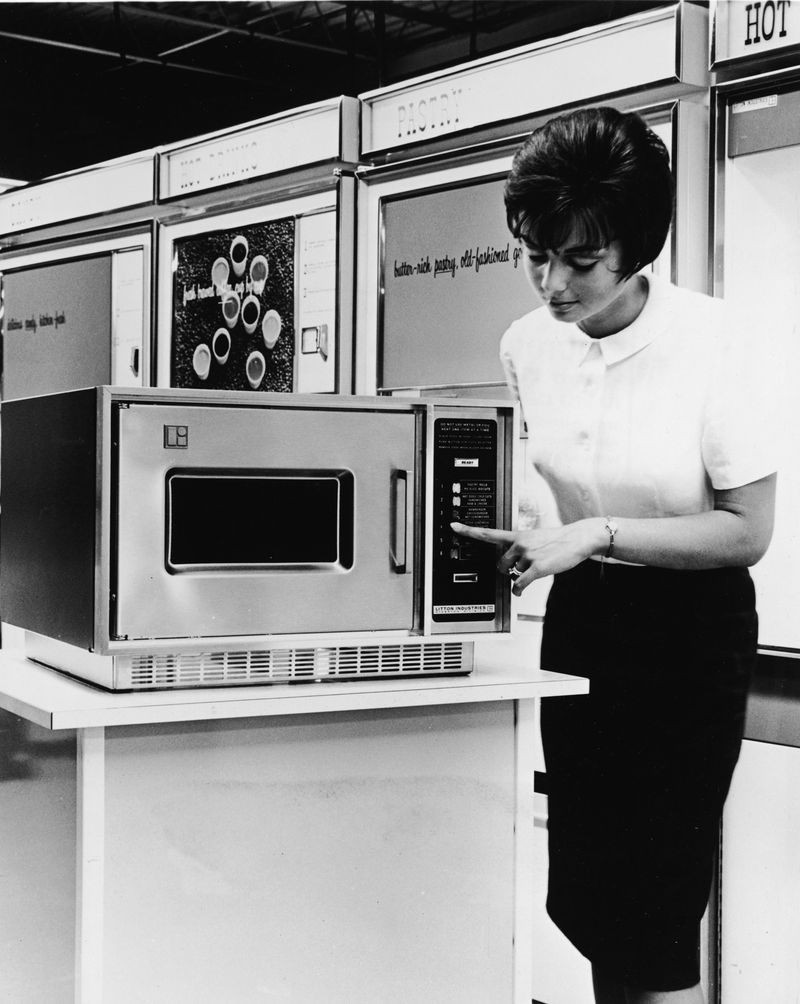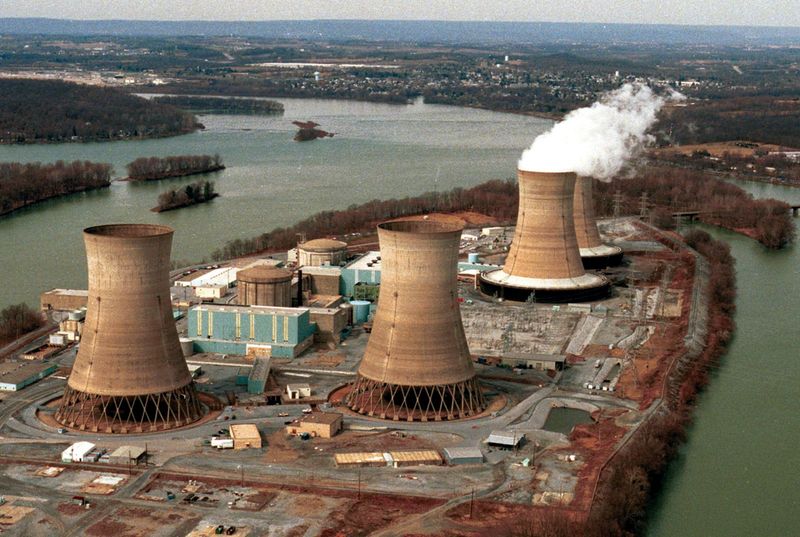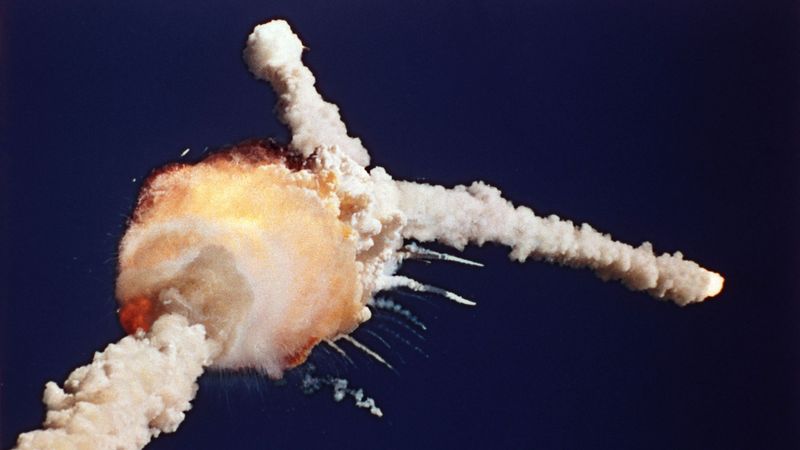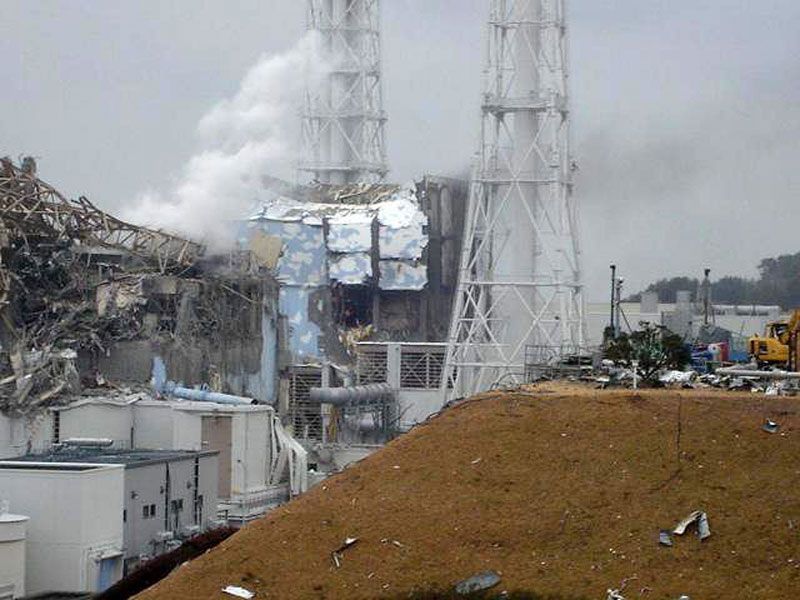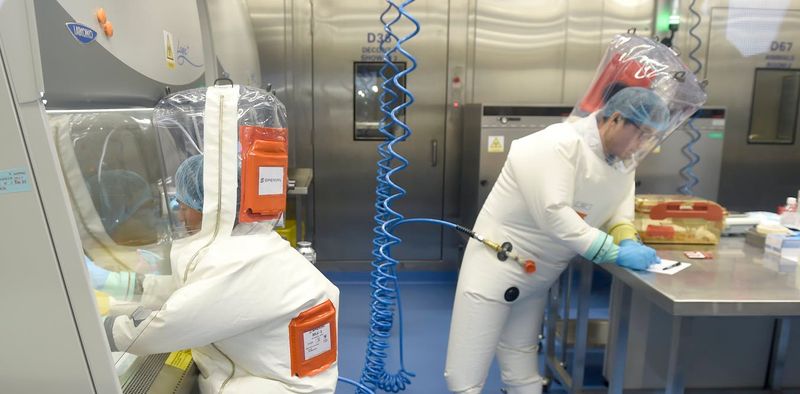Accidents have played a pivotal role in shaping human history. Unexpected events, often resulting from human error or oversight, have led to monumental changes in society, technology, and global power dynamics. These 13 historical accidents not only highlight moments of misjudgment and misfortune but also how humanity has adapted and evolved in their aftermath.
1. The Trojan Horse (c. 1200 BCE)
An ancient tale of cunning, the Trojan Horse symbolizes deception’s power. Greek soldiers, hidden within a massive wooden horse, infiltrated the city of Troy, leading to its downfall. A symbol of strategic intrigue, this event—whether myth or reality—influenced Western narratives of war and intelligence.
The horse, a ‘gift,’ was left at Troy’s gates, marking an end to a decade-long war. Its acceptance represented trust misplaced, a theme echoed through history. This story has inspired countless works, embedding itself into cultural consciousness as a metaphor for concealed threats and unexpected turns of fate.
2. Columbus’s Miscalculation (1492)
Columbus, driven by ambition, set sail westward seeking a shortcut to Asia, but inadvertently found the Americas. His miscalculation of Earth’s size led to a world-changing ‘discovery.’ This accident reshaped global demographics, economies, and cultures.
His journey introduced Europe to new lands, spurring colonization and the exchange of goods, ideas, and unfortunately, diseases. Indigenous populations bore the brunt of this new era, facing conquest and displacement. The Age of Exploration, charged by Columbus’s voyage, marked a pivotal shift in world history, connecting continents in ways previously unimaginable.
3. The Great Fire of London (1666)
A small bakery mishap escalated into a devastating inferno that ravaged London. The Great Fire consumed large parts of the city, erasing medieval structures and prompting profound urban transformations.
As flames devoured homes and livelihoods, a new London emerged from the ashes. Modern urban planning and fire-resistant building practices took root. The fire’s legacy includes systematic changes to city layouts, building codes, and emergency preparedness.
The devastation, while tragic, laid the groundwork for a resilient metropolis, forever altering the trajectory of urban development in England and beyond.
4. The Boston Tea Party (1773)
An act of rebellion, the Boston Tea Party was more than a protest against taxation; it was a catalyst for American independence. Colonists, frustrated by British taxes, dumped tea into Boston Harbor, igniting a revolutionary spirit.
This defiance spurred harsh British reprisals, inadvertently fueling the fires of revolution. As tensions escalated, the colonies united, ultimately birthing a new nation. The Tea Party remains a symbol of resistance against tyranny, its impact echoing through history and inspiring future movements for freedom and self-determination.
5. The Discovery of Penicillin (1928)
A moment of serendipity, Alexander Fleming’s accidental discovery of penicillin revolutionized medicine. Leaving a petri dish uncovered led to mold growth that killed bacteria, unveiling the first true antibiotic.
This breakthrough transformed healthcare, saving countless lives and altering medical practices. Penicillin’s introduction marked the dawn of antibiotic age, drastically reducing deaths from bacterial infections.
Fleming’s find highlighted the importance of observation and chance in scientific advancement. Its impact resonates today, reminding us of the delicate balance between human curiosity and nature’s hidden potential.
6. The Sinking of the Titanic (1912)
The Titanic, deemed unsinkable, met its fate on a cold April night. Ignored iceberg warnings led to the ship’s tragic sinking, claiming over 1,500 lives.
The disaster sparked changes in maritime regulations, including lifeboat requirements and improved wireless communications. The tragedy emphasized human hubris and nature’s unpredictability, serving as a somber lesson in humility.
Titanic’s story continues to captivate, a haunting reminder of vulnerability amidst progress, and a pivotal moment in nautical history, shaping safety protocols for future generations.
7. The Chernobyl Disaster (1986)
A catastrophic event, the Chernobyl disaster unfolded due to flawed reactor design and human error. This nuclear meltdown rendered the surrounding area uninhabitable, leaving a lasting impact on energy policies worldwide.
The disaster underscored the perils of nuclear power, leading to stricter safety standards and a reevaluation of energy strategies. The ghost town of Pripyat remains a poignant symbol of human fallibility.
Chernobyl’s legacy endures, fueling debates on nuclear energy’s role in modern society and highlighting the need for vigilance and responsibility in technological advancements.
8. The Exxon Valdez Oil Spill (1989)
A night of negligence led to the Exxon Valdez oil spill, a dire environmental catastrophe. The tanker, commanded by a captain under the influence, ran aground, releasing millions of gallons of crude oil into Alaskan waters.
The spill decimated local ecosystems, affecting wildlife and livelihoods. It prompted the implementation of stricter oil transport regulations and industry reforms.
This disaster highlighted the fragile relationship between humanity and nature, serving as a cautionary tale of the consequences when profit and safety are imbalanced, and underscoring the critical need for environmental stewardship.
9. The Invention of the Microwave (1945)
A sweet accident, the invention of the microwave began with a melted candy bar. Percy Spencer, while working with radar, noticed chocolate melting in his pocket, leading to the development of a revolutionary kitchen appliance.
This serendipitous discovery changed food preparation, making cooking faster and more convenient. The microwave became a staple in households, symbolizing post-war innovation and consumer culture.
Spencer’s curiosity turned a simple mishap into a transformative technology, illustrating how unexpected moments can lead to groundbreaking advancements in everyday life.
10. The Three Mile Island Accident (1979)
A mechanical failure compounded by human error led to a partial meltdown at Three Mile Island. This incident heightened public fears about nuclear energy, stalling its growth in the U.S.
The accident underscored the importance of stringent safety measures and effective communication in managing complex technologies. It served as a wake-up call for the nuclear industry, prompting regulatory changes and increased transparency.
Though no immediate casualties were reported, the psychological impact left lasting scars, shaping energy policies and public perceptions of nuclear power for decades.
11. The Challenger Disaster (1986)
A tragic moment in space exploration, the Challenger disaster shook the world. An O-ring failure, exacerbated by ignored warnings, led to the shuttle’s explosion, killing all seven astronauts aboard.
This calamity prompted a major overhaul of NASA’s safety procedures and management practices. The loss highlighted the inherent risks of space travel and the need for vigilance and adherence to safety protocols.
Challenger’s legacy endures as a reminder of courage and sacrifice, and it continues to inspire rigorous standards in aerospace ventures.
12. The Fukushima Disaster (2011)
A devastating tsunami overwhelmed safety measures at the Fukushima Daiichi plant, causing a nuclear meltdown. This disaster prompted countries like Germany to reconsider nuclear energy, shifting towards renewables.
The incident exposed vulnerabilities in disaster preparedness and crisis management, leading to global changes in nuclear policies and safety standards.
Fukushima’s impact extends beyond Japan, influencing energy debates and policies worldwide, and reinforcing the need for sustainable and resilient infrastructure in the face of natural calamities.
13. The COVID-19 Lab Leak Theory (2019/2020?)
A contentious theory, the COVID-19 lab leak suggests accidental release from a lab may have triggered the pandemic. Though debated, this possibility has reshaped global health policies and preparedness.
The pandemic underscored the interconnectedness of nations and the importance of transparency in scientific research. It sparked global efforts to strengthen health systems and improve international collaboration.
Whether a lab leak or a natural occurrence, the pandemic’s lessons are profound, driving changes in how societies anticipate and respond to global health threats.
